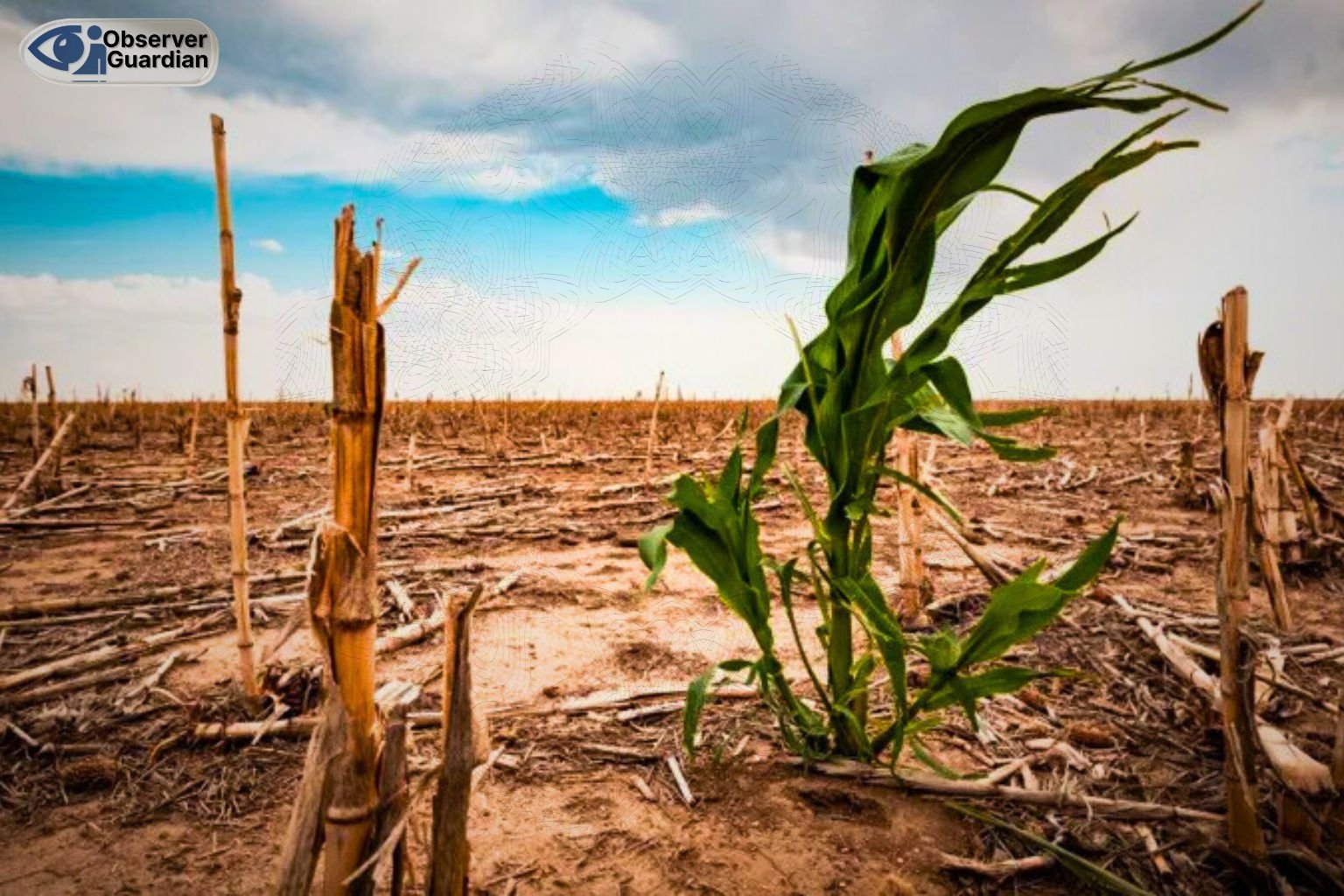In a significant move to address the growing concerns of agricultural and climate challenges, Pakistan’s government has officially declared an agricultural and climate emergency. The announcement comes in the wake of the devastating impacts of extreme weather events, including floods, droughts, and erratic rainfall patterns, which have severely affected the country’s agricultural output. With over 60% of Pakistan’s population relying on agriculture for their livelihoods, this declaration highlights the urgency of implementing adaptive measures to mitigate the adverse effects of climate change on food security and economic stability.
Impact of Climate Change on Agriculture
Pakistan has witnessed an alarming rise in the frequency and intensity of climate-related disasters, such as floods, droughts, and heatwaves, which have significantly disrupted agricultural activities. These extreme events have led to the loss of crops, decreased yields, and increased vulnerability of rural communities, who depend heavily on agriculture for sustenance. The agricultural sector, already struggling with outdated practices and limited access to technology, faces a tough challenge in adapting to the rapidly changing climate.
Government’s Response and Policy Framework
In response to the crisis, the Pakistani government has outlined a comprehensive policy framework to tackle the agricultural and climate emergency. Key measures include the introduction of climate-smart farming techniques, investment in water conservation projects, and the promotion of drought-resistant crops. Additionally, the government plans to provide financial assistance and technical support to farmers, particularly those in flood-prone and drought-stricken regions, to help them recover and adapt to changing conditions.
Water Management and Resource Efficiency
A major component of Pakistan’s strategy is addressing the growing water scarcity issues that threaten agricultural productivity. With over 90% of the country’s water being used for irrigation, efficient water management is critical to ensure long-term agricultural sustainability. The government is focusing on improving irrigation infrastructure, promoting water-saving technologies, and encouraging farmers to adopt efficient water use practices.
This approach is seen as vital to mitigate the effects of droughts and ensure adequate water supply for crops during dry spells.
Climate-Resilient Crop Varieties and Technologies
To safeguard the future of agriculture in Pakistan, the government is prioritizing the development and adoption of climate-resilient crop varieties. These crops are designed to withstand harsh weather conditions, such as extreme heat, flooding, and drought. Alongside crop diversification, the adoption of advanced agricultural technologies, including precision farming and remote sensing, is expected to help optimize resource use, reduce waste, and increase yields. These innovations will be crucial in ensuring that Pakistan’s agricultural sector can thrive despite the challenges posed by climate change.
International Collaboration and Support
The agricultural and climate emergency in Pakistan requires global cooperation to tackle the pressing challenges. Pakistan is actively seeking international support in terms of funding, technology transfer, and knowledge exchange to strengthen its agricultural resilience. Collaboration with global organizations and climate change initiatives will be essential in providing the necessary resources and expertise to combat the impacts of climate change and secure a sustainable future for agriculture in Pakistan.







